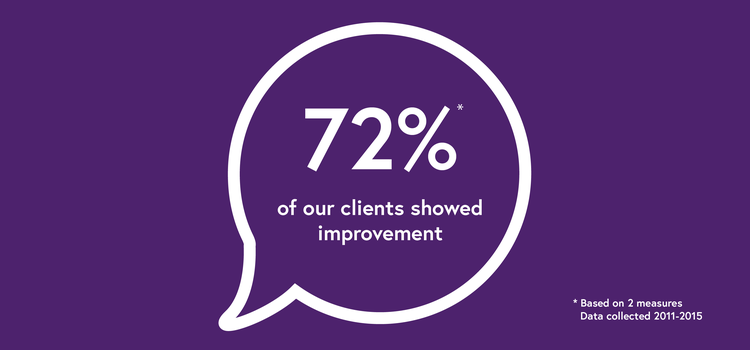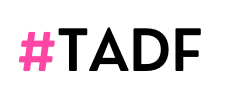Our Publications
About Our Therapeutic Model
Many clients as well as organisations we work with tell us that more traditional therapeutic models such as IAPT have failed to lead to improvements in wellbeing for their service users. Most therapists do not have the experience, training or context in relation to the challenges faced by disabled people to develop effective coping or management strategies. Our goal is to help your organisation to overcome this barrier by providing effective and evidence based therapeutic support that is tailored to the needs of disabled people. Spokz People are developing a disability affirmative therapeutic model which we call Purple Therapy.
Purple Therapy
Most of us know the term ‘Purple Pound’ – the spending power of disabled people, which recognises their contribution to the economic cycle in society. The ‘Purple Pound’ also recognises the growing demand for services that meet their needs and, as our population ages, this will only grow.
Unfortunately, at present, studies show that therapeutic support often fails to meet the needs of disabled people. Many clients report feeling as oppressed and not listened to in therapy, as they are in society. Some examples of this are when therapists see their anger as denial of impairment, or when therapists express disbelief at the refusal to have medical treatment to improve impairment. Many clients report paying for therapy whilst educating the therapist about what being disabled is like, or putting up with poor therapy because that therapist was the only one with an accessible office.
How Purple Therapy differs: Our values
Purple Therapy is about using our knowledge of disability to empower disabled people, by recognising that there are many forces at work in society which aim to reduce their control and power, including, unfortunately, some health and social care processes and systems.
We respect that clients have many skills and are the expert, not we, at their lives. Our role is to help hone or bring out those skills.
We collaborate and plan sessions together, review regularly and work outside the usual boundaries if necessary so clients can make progress (for example, in 1-2-1 therapy we would consider adjusting boundaries such as session timing, location, touch and personal disclosure).
We work holistically. We draw on coaching, psychoeducation, self-disclosure, advocacy and body, trauma and touch therapy when appropriate.
We spend more time in self-reflection. As disability affirming therapists, we explore our own relationship, bias and prejudices towards impairment and disability and how this can impact on client work. Disability is usually seen as a medical issue on therapy training courses, rarely is it seen as a societal and political issue. This, in our view, is one of the key reasons for the negative therapy experiences many clients report.
Read more about Purple Therapy techniques here.
Other publications where you can hear more about our work include:
You can also request access to our resources on the following:
-
Disability and Therapy Reading List
-
Sex and Relationships Resource List. You may also like to visit our sister company Spokz’s sex aid section here.
-
Tips for PAs and carers
-
Disability Hassles Questionnaire
-
Disability Resources List
There are also some great documentaries to watch on the BBC:
Our Services and Fees:
-
Training and CPD around providing disability affirming therapeutic and emotional support. Our module prices are low cost from £10-30.
-
Regular and ad hoc clinical supervision and group consultation (1-2-1 £60ph; group £15 per 90 minutes).
-
Consultancy on improving wellbeing through a holistic approach. POA, generally £60-100ph.
-
Trauma and pain support using EMDR (Eye Movement Desensitisation and Reprocessing), a NICE approved technique. (£80ph).
-
Sex and relationship support for families and healthcare professionals, including advice on aids and adaptions. Due to uncertainty and embarrassment, this is an often-neglected area for healthcare professionals. Yet time and again, clients say it is something they want to discuss or want included in their care plans. We can provide support, training and supervision for staff on how to do this whilst considering everyone’s needs and requirements. POA, generally £60-100ph.
All above services include information, advice and education about local and national resources and support where helpful. All services are online or local to Lichfield, WS13.
Support for your clients
We have launched a BRAND NEW online wellbeing community & programme for disabled adults and their family members, which you and your clients can use alongside their work with you. Click here for more information.
Find out more about us click here.














